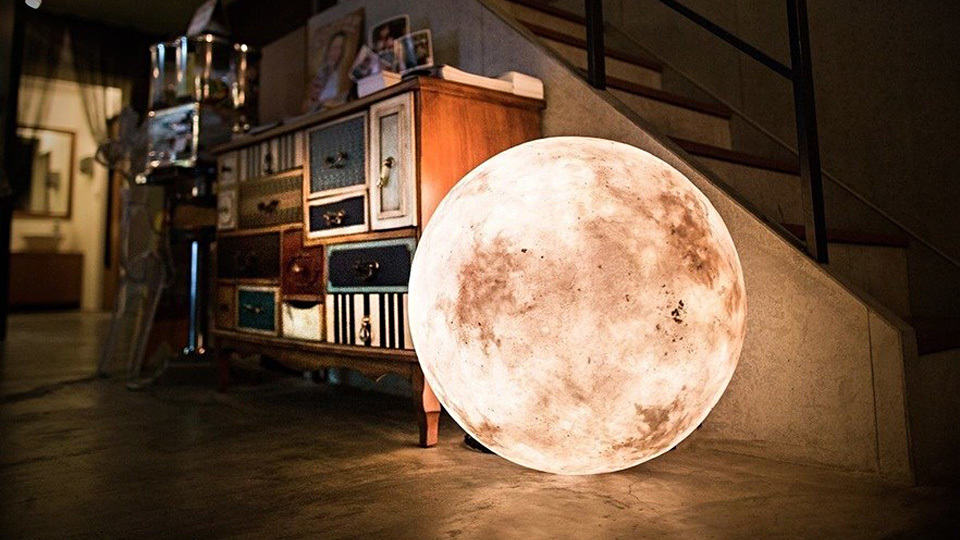Do you live in an area with hard water? If so, you know all too well the headaches it can cause. Hard water contains high levels of minerals, such as calcium and magnesium. These minerals can cause problems for appliances and plumbing, leaving build-up and reducing efficiency. Luckily, there are solutions to help combat the effects of hard water. Here are a few solutions to consider.

Water Softening Systems
One popular solution for hard water is a water-softening system. These systems work by removing the minerals from the water through a process called ion exchange. In this process, the hard water is passed through a resin bed which is made up of tiny beads that are coated with sodium ions. The calcium and magnesium ions in the hard water are attracted to the resin bed and are replaced by sodium ions.
There are two main types of water-softening systems: salt-based and salt-free. Salt-based systems use sodium chloride to regenerate the resin bed, which means they require regular maintenance and a supply of salt. Salt-free systems use a different method to remove minerals from the water and do not require salt or regular maintenance. A water softening system can be integrated as a shower filter for hard water in bathrooms. This is an excellent option for homeowners who are not yet ready for a comprehensive whole-house water treatment system.
Reverse Osmosis Systems
Another solution for hard water is a reverse osmosis (RO) system. These systems work by using a semipermeable membrane to filter water. When water passes through the membrane, it leaves behind minerals and other contaminants that are too large to pass through.
Reverse osmosis systems have several advantages over water-softening systems. They can remove a wider range of impurities, including minerals, heavy metals, and other contaminants. They also do not require salt or chemicals, which means they are better for the environment. However, reverse osmosis systems are typically more expensive than water-softening systems, and require regular maintenance.
Chemical Treatments
In addition to water softening and reverse osmosis systems, there are also chemical treatments available for hard water. These treatments involve adding chemicals to the water to help remove minerals. One common chemical treatment is chelation, which involves adding a chemical called EDTA to the water.
While chemical treatments can be effective at removing minerals from the water, they also have some drawbacks. For one, they can be expensive and require regular maintenance. Additionally, they can be harmful to the environment and may not be safe for human consumption. For these reasons, many people prefer to use other solutions for hard water.

While hard water can be a nuisance, there are solutions available to help combat its effects. Water softening systems, reverse osmosis systems, chemical treatments, and other solutions can all help remove minerals from the water and reduce build-up in appliances and plumbing fixtures. Consider the different options available and choose the solution that works best for your home and budget. With a little effort, you can enjoy clean, efficient water without the frustration of hard water buildup.
Featured Marcelo Chagas 님의 사진 on Pexels.



